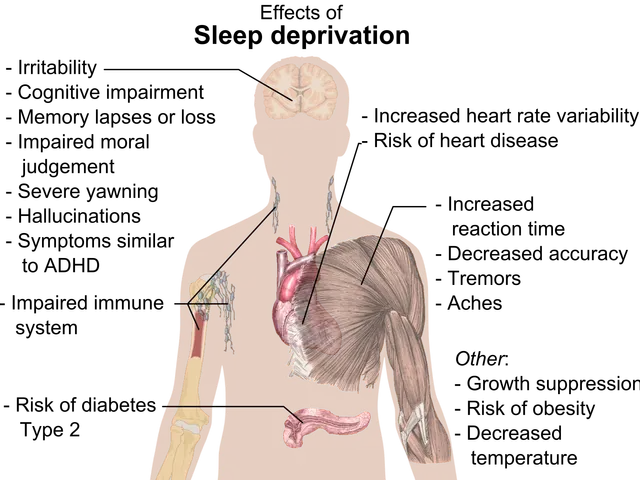Identify Potential Inferiority Complex: Recognize These Symptoms
An inferiority complex, as defined by the American Psychological Association, is a chronic low self-esteem or deeply negative self-image due to perceived inadequacies. This condition isn't formally recognised by the Diagnostic and Statistical Manual of Mental Disorders (DSM-5), but it can be a sign of anxiety, depression, post-traumatic stress disorder (PTSD), or another mental disorder or personality disorder.
The roots of an inferiority complex often lie in feelings of inadequacy or low self-esteem, which can develop from negative experiences, criticism, or comparisons to others. Factors such as mental health issues like anxiety or depression, negative societal pressures, past trauma, and certain demographic characteristics like being Latinx, female, or experiencing a lack of involved parents, success at school or work, physical activity, and higher household income have been identified as potential risk factors for developing a negative self-image.
The effects of an inferiority complex can be far-reaching. A lack of will to live is a serious, sometimes fatal, effect of low self-esteem. Long-term effects can include poor mental health, relationship problems, and difficulty achieving personal and professional goals.
Symptoms of an inferiority complex might include feelings of worthlessness, anxiety or worry, lack of motivation, low self-esteem and self-confidence, struggles with social skills, and poor work or school performance. An inferiority complex might trigger different behavioural responses depending on the person's personality, such as appearing withdrawn, seeking attention or flattery, acting nervous or anxious around others, seeming self-absorbed, and struggling to make friends or stay in a relationship.
Social isolation, a common outcome of an inferiority complex, can have devastating effects on your professional potential, dating life, and closeness with people you love. However, there is hope. Positive self-talk helps rewrite the script in your head, gradually lifting yourself away from self-judgment and toward kind, loving self-affirmations.
Cognitive behavioral therapy (CBT) can be especially helpful for folks experiencing anxiety or persistent negative thoughts. Exercise releases endorphins and serotonin, which can improve self-esteem. Talking with a doctor or therapist about feelings of worthlessness, helplessness, or low self-esteem can help identify underlying depression, anxiety, or another mental health issue.
It's important to remember that seeking help is usually worth it if your inferiority complex is holding you back from being your whole self. Depression and anxiety can contribute to an inferiority complex, as they can cause negative thinking and feelings of worthlessness. A 3-year study published in 2017 found that low self-esteem is linked to a higher risk of developing anxiety and depression. A 2018 study suggested that low self-esteem raises the risk of binge drinking and substance misuse.
In conclusion, understanding and addressing an inferiority complex is crucial for maintaining good mental health and well-being. By recognising the signs, seeking help, and adopting positive coping strategies, it's possible to overcome feelings of inadequacy and live a happier, more fulfilling life.
Read also:
- Rapid action required: Scientists urgently working to freeze a severely endangered tree species to prevent its extinction
- Proposal for workforce radiation safety directive requested by the Commission in the face of risk exposure.
- New York City Council Proposes Legislation to Eliminate Fluoride from Public Water Supply
- Impact of Alcohol Consumption During Pregnancy: Consequences and Further Details






